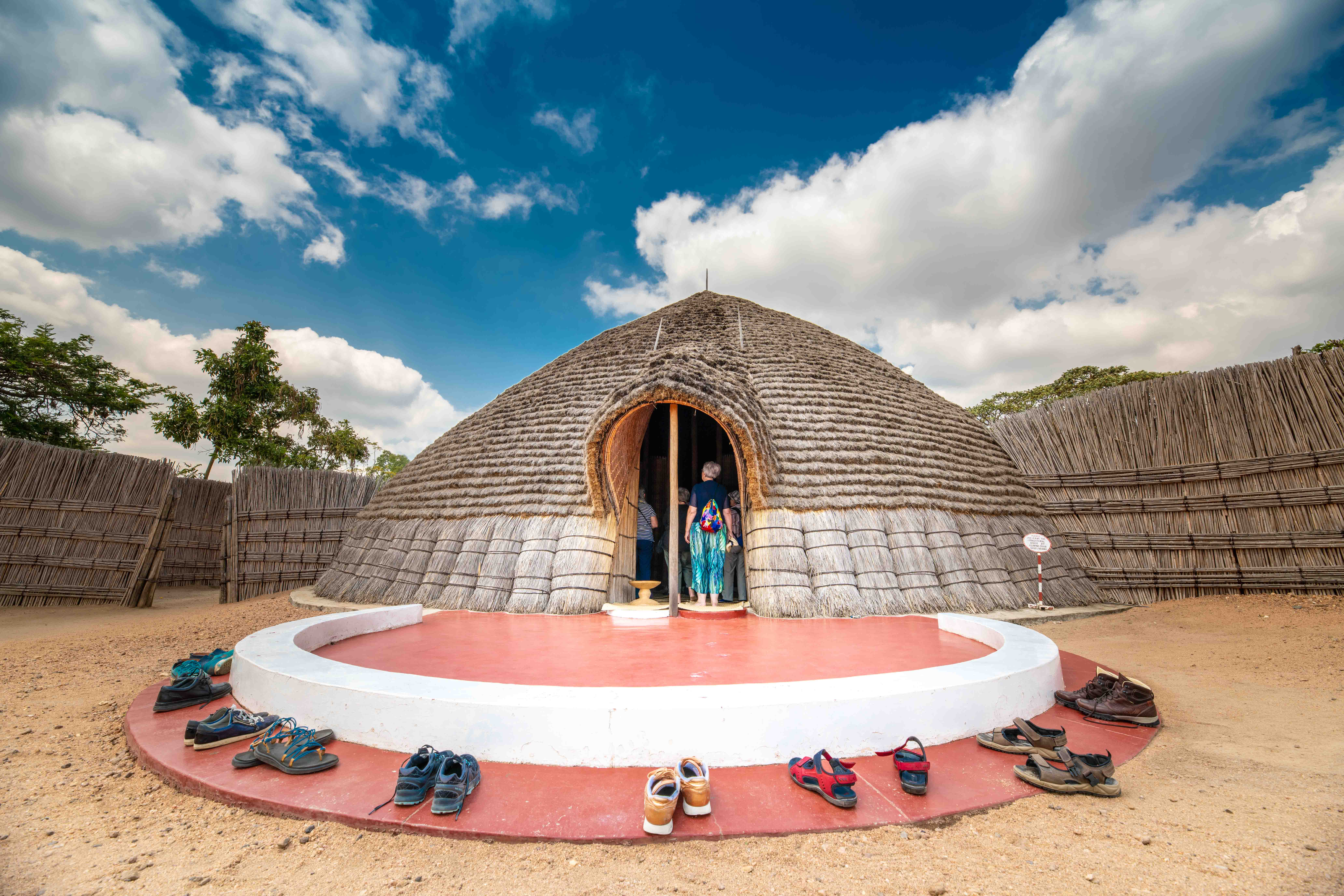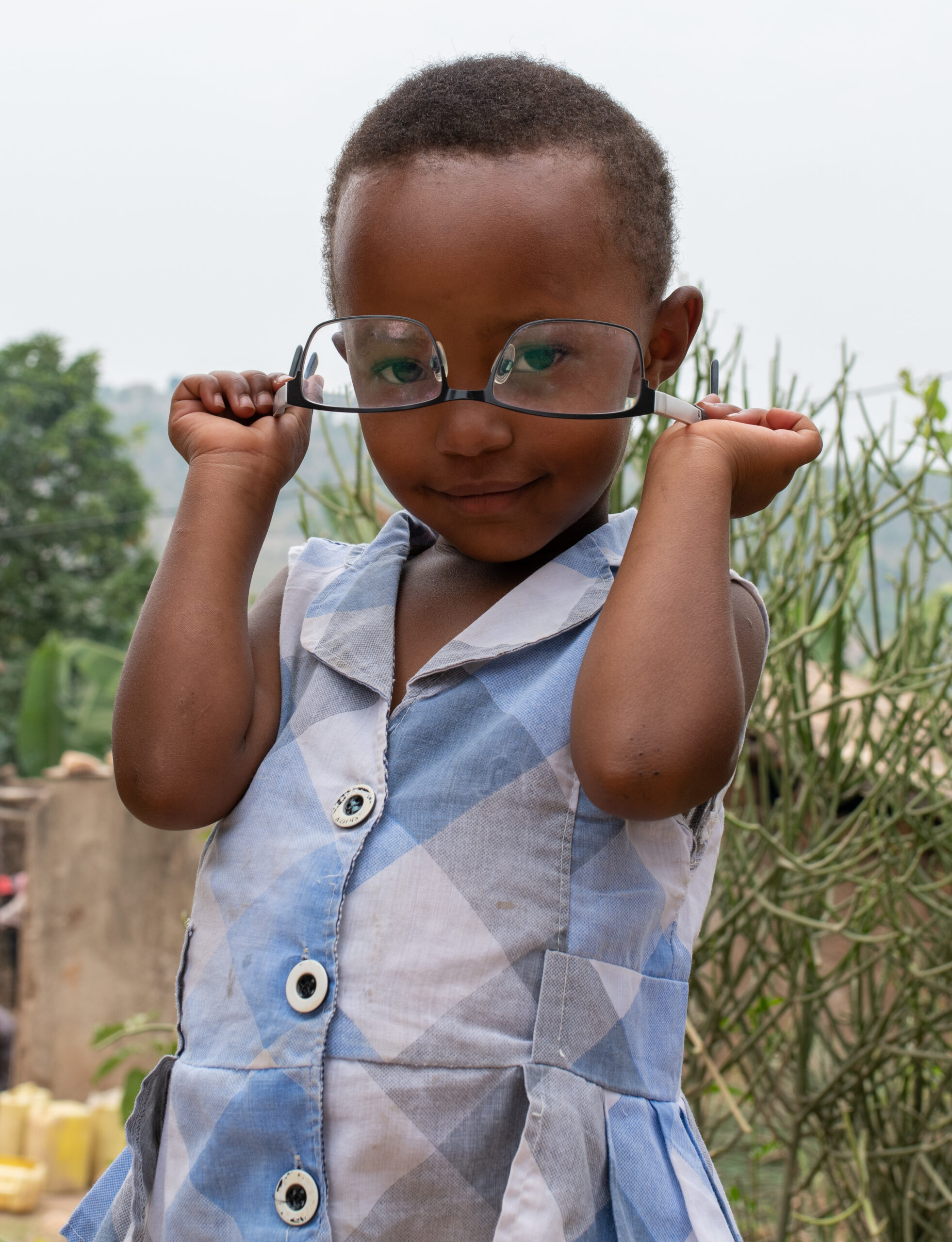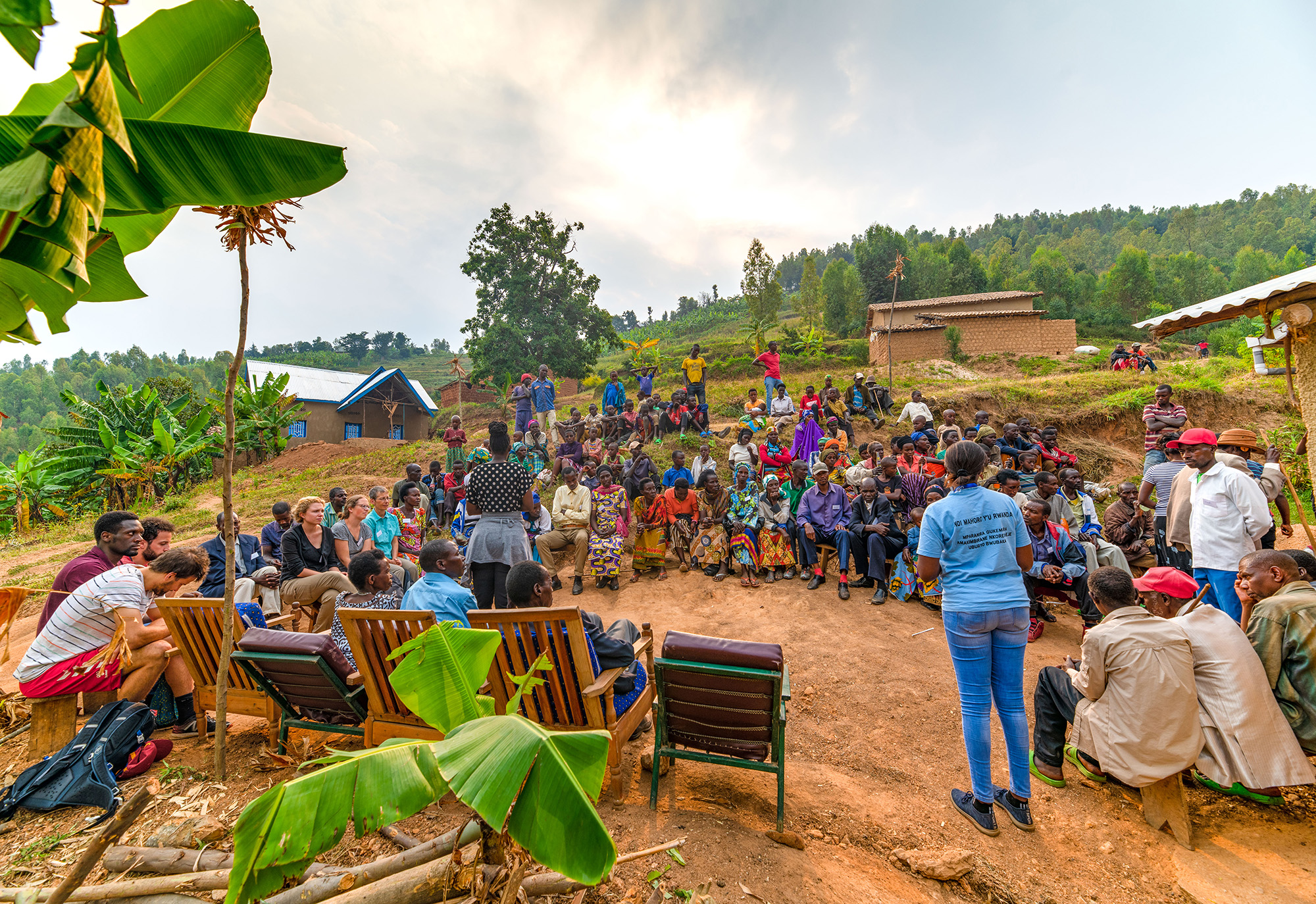Our image of Africa is often characterized by poverty, violence, hunger and corruption. However, Rwanda, which in 1994 experienced one of the worst genocides in human history, also shows in its present form the dynamic Africa, the Africa of educated young people, of responsible politicians, and the image of hopeful change.
The study tour aims to understand how such immense violence could have occurred, and how people managed afterwards to establish trust in each other and in the future. By visiting different communities with whom we have been working for several years, we will learn about the stories of the people and thus their lives and their country. Their commitment to reconciliation and their struggle to overcome poverty we consider impressive and instructive.

The study tour wants to understand, wants to get to the bottom of the complexity of human societies, wants to acquire knowledge. On the one hand, there is the interest in the events going far back in the history of Rwanda, which were used by the authors of the genocide as justification. The genocide resulted in between 800,000 and 1,000,000 victims (one-ninth to one-seventh of the population), triggered refugee flows of several million, destroyed people’s trust in each other, left a political power vacuum, and brought an already fragile economy to a halt. On the other hand, we are interested in the respectful construction of a new society after the genocide: How can a society be integrated against such a backdrop, and consequently, how can a society be created in a stable manner? How do you create trust and a collective identity after a genocide that most people can relate to? We will visit various communities with whom we have been working for five years now. Their commitment to reconciliation and their struggle to overcome poverty we consider impressive and instructive.


Information – Registration
We will be happy to provide you with more information and answer your questions. We would be happy to visit the people and travel the country with you.
Study Trips
Communities
Development Cooperation
Feedback
Photos, Film